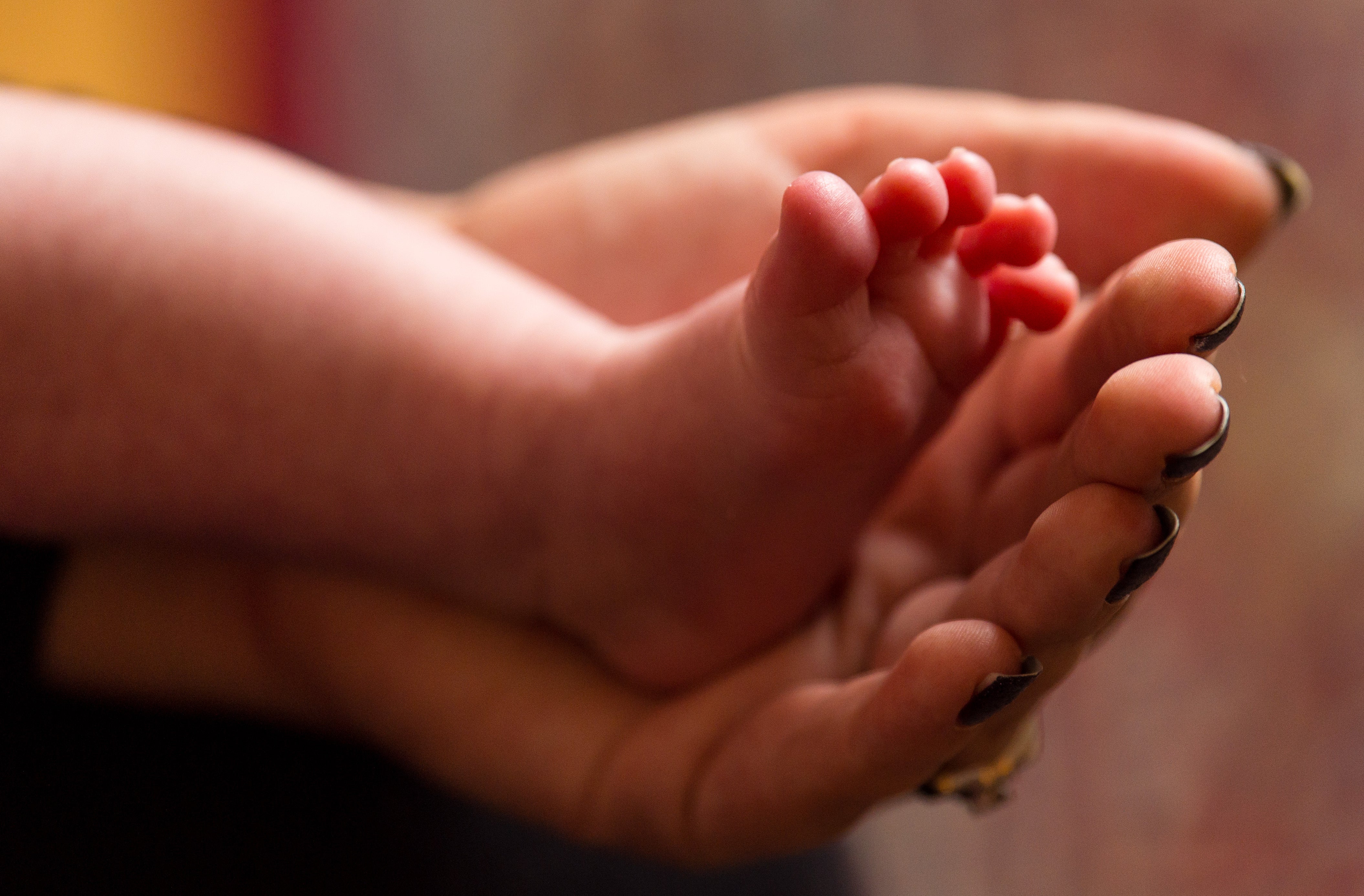Transmission of Covid from mothers to newborns is ‘rare’
It is even less likely in affluent countries, experts said.

The risk of women passing on Covid-19 to their newborn babies is “low”, according to a new study.
The chance of transmitting the virus while pregnant, during labour, or after the baby is born is less than 2%, researchers said.
When proper preventive steps are taken after a mother tests positive, such as the use of face masks, “infection of newborn babies is unlikely”, they concluded.
Academics led by experts from the University of Birmingham reviewed data from 472 global studies, which looked at data on 952 mothers and 18,237 babies.
Across the world, just 1.8% of the 14,271 babies born to mothers with Covid-19 went on to test positive themselves, the study, published in The BMJ, found.
In the US, the risk seems to be “extremely rare” at just 0.1%.
In less affluent countries, the risk appears to be slightly higher, the researchers said.
Among the positive cases studied, there was data on 592 babies which suggested they may have picked up the virus from their mothers.
There were 14 documented mother-to-child transmissions.
In a linked editorial, Catherine McLean Pirkle, an associate professor at the University of Hawaii, wrote: “Overall, findings from this review seem reassuring.
“Although the results indicate that mother-to-child transmission is possible in utero during the antenatal period, during labour or delivery (intrapartum), and after delivery (postpartum), rates of positivity among infants born to mothers with Sars-Cov-2 are low.
“Furthermore, in affluent world regions such as North America, positivity among exposed infants appears to be extremely rare (0.1%).
“Combined, the results suggest that when proper preventive measures are taken during intrapartum and early postpartum periods, such as consistent and appropriate use of personal protective equipment, infection of newborn babies is unlikely.”
Ms Pirkle said just seven instances of the virus being passed on during pregnancy were identified, indicating that “in utero transmission is possible but exceedingly rare”.
After babies are born, infections can potentially develop from a “variety of exposures” but are still rare, she added.
There was no association between breastfeeding and infection in newborns.
While the study suggests mothers rarely pass on Covid to their children, medics said having the virus in pregnancy can still pose a risk, particularly if the mother is unvaccinated.
Bookmark popover
Removed from bookmarks